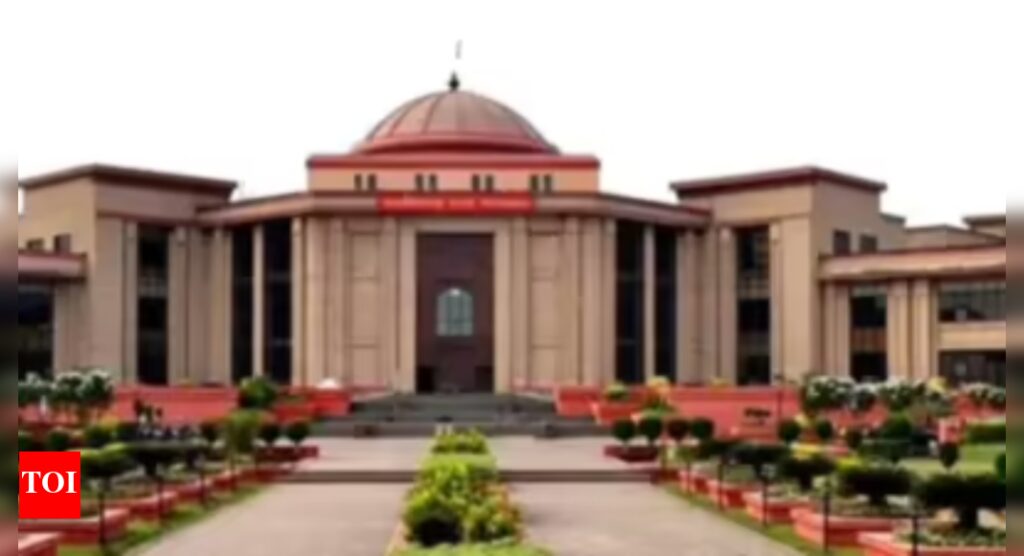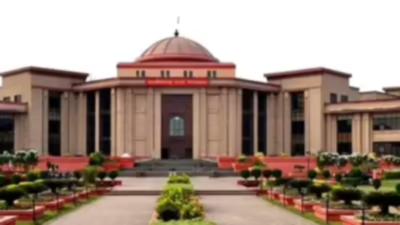Chhattisgarh High Court Upholds Tata Projects’ Right to Challenge CHiPS Bank Guarantee | Raipur News

RAIPUR: The Chhattisgarh high court disposed of a writ petition filed by Tata Projects Limited, directing the company to seek remedy before the Commercial Court. The petition concerned the encashment of a performance bank guarantee of Rs 167.46 crore by the Chhattisgarh Infotech Promotion Society (CHiPS), the nodal agency for driving IT growth and implementing IT and e-Governance initiatives in the state.A division bench of Justice Narendra Kumar Vyas and Justice Amitendra Kishore Prasad heard the petition filed by Tata Projects. The company sought restoration of the status quo ante, asking for the return of the Rs 167.46 crore to State Bank of India and the issuance of an identical bank guarantee. Alternatively, Tata Projects requested CHiPS to deposit the amount in an interest-bearing account until the dispute’s resolution.According to court records, CHiPS issued a Request for Proposal (RFP) for the selection of a Master System Integrator (MSI) for the BharatNet Phase-II Project in Chhattisgarh. A dispute arose between Tata Projects and CHiPS during the commercial contract.Previously, Tata Projects filed a writ petition, in which a single bench of the high court on 2 July 2024, granted interim protection, restraining respondents from encashing the performance bank guarantee. This writ petition was later disposed of on 30 April 2025, with the court re-delegating the parties to approach the Commercial Court.Subsequently, Tata Projects filed an application under Section 9 of the Arbitration and Conciliation Act, 1996. The Commercial Court, on 3 May 2025, ordered an interim status quo regarding the invocation of the bank guarantee. However, after the respondents filed their reply, the Commercial Court disposed of the application on 6 May 2025, vacating the status quo order. The initiation of the bank guarantee encashment process led Tata Projects to approach the highcourt.Senior Counsel Kishore Bhaduri, appearing for Tata Projects, argued that CHiPS’s conduct was fraudulent and high-handed, misleading the court and misusing its power by attempting to invoke the bank guarantee.Counsel for the respondents and the state argued that the writ petition was not maintainable, as Tata Projects had remedies available under Section 9 of the Arbitration and Conciliation Act, 1996, or under the Chhattisgarh Madhyashtham Adhikaran Act, 1983.The high court observed that an arbitration clause existed in the agreement and that Tata Projects already approached the Commercial Court. The court ruled that the writ petition was not maintainable at this juncture. However, it granted Tata Projects the liberty to pursue statutory remedies before the Commercial Court. The court also clarified that the respondents were free to raise objections regarding the maintainability of any application.The high court directed the Commercial Court to consider and decide any interim application or application under Section 9 of the Arbitration and Conciliation Act, 1996, filed by the petitioner expeditiously and in accordance with the law. The high court also made it clear that it did not express any opinion on the merits of the case, leaving it to the Commercial Court to decide independently.





